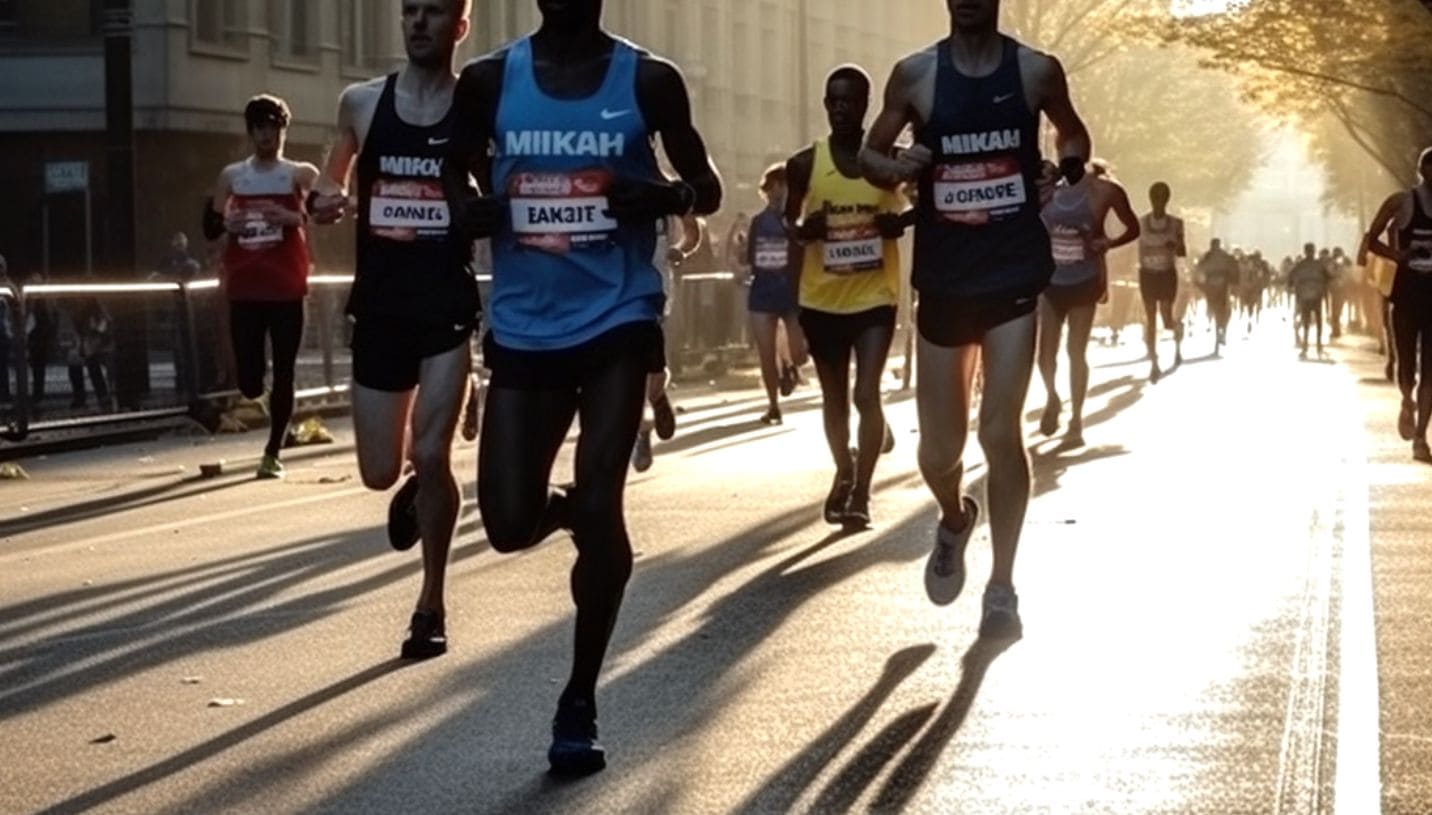Maintaining success at a professional level over a long period of time is difficult. A look at the world of sport can give us the necessary keys to achieve it
How to sustain the hunger for improvement in athletes or professionals who have won everything?
How to avoid complacency and maintain ambition after repeated triumphs?
Some recent resounding failures of elite athletes lead us to these questions, which we can extrapolate to our daily lives as “everyday heroes.”
Attitudes for high performance and sustained motivation
Nadal or Gasol are two atypical cases of brilliant and very long careers. Let’s explore the keys to their prolonged success and how to replicate them in our professional careers.
Their differential attitudes go beyond their innate talent or physical abilities, such as:
- Purpose: They are not satisfied with being excellent athletes; they want to leave a legacy beyond that. They aim to create beauty, to make people enjoy themselves, and to be an example of sportsmanship.
- Humility: They can listen and change nuances of their style of play after receiving feedback from others and, after so many years, they know how to manage their energy so as not to exhaust themselves. They know they can’t play and win everything, so they select their wars.
- Passion: To be great, you have to enjoy what you do. For example, Pau Gasol wanted to continue playing basketball despite his serious injury. At the age of 40 and with everything already won, he wanted to return to the court because he was passionate about his sport.
- Effort: Self-demanding, resilience, mental strength, concentration, healthy living despite worldly temptations… These are simple elements that make the difference between winning and losing.
Barça’s prolonged decline, explained brilliantly by Xavier Marcet, or Guardiola’s difficulty to succeed resoundingly outside F.C. Barcelona demonstrate two things. First, staying at the top level over the long term is very complex, and replicating success in a different organizational and cultural context is unusual.
These facts make the legend of sports figures such as Nadal or Gasol even bigger, not only for having achieved multiple competitive triumphs but also for their ability to reinvent themselves over time with great efficiency.
Professional self-improvement
Every day millions of people want to succeed in their personal and professional lives (repeatedly, if possible). But there are not so many people who, with humility, passion and hard work, make a strong commitment to their personal goals.
The elite sport also demonstrates that the daily drive for self-improvement is a prerequisite for success and progress. It proves (very harshly at times) that there are no shortcuts if you want to succeed. First, you must be an excellent professional; the rest may come later, usually after several failed attempts.
In today’s professional environment, sustaining success over a long time is tough. So perhaps a good strategy is to go for hybrid teams: a mix of home-grown talent and good external recruits, young and old, with a well-defined talent strategy and the flexibility to adapt to an increasingly unpredictable environment.
Commitment and a constant drive to improve have always been important indicators on the agenda of top professionals. These are signs showing vitality and competitiveness, despite the difficulties that will undoubtedly arise in our lives.
This article has also been published in Do Better by ESADE, 5 April 2023
David Reyero Trapiello – Senior HR Business Partner – Sanofi Iberia
e-mail: David.reyero@sanofi.com / Twitter: @davidreyero73 / Linkedin: linkedin.com/in/davidreyerotrapiello/

Leave a Reply